Thanks for dropping by
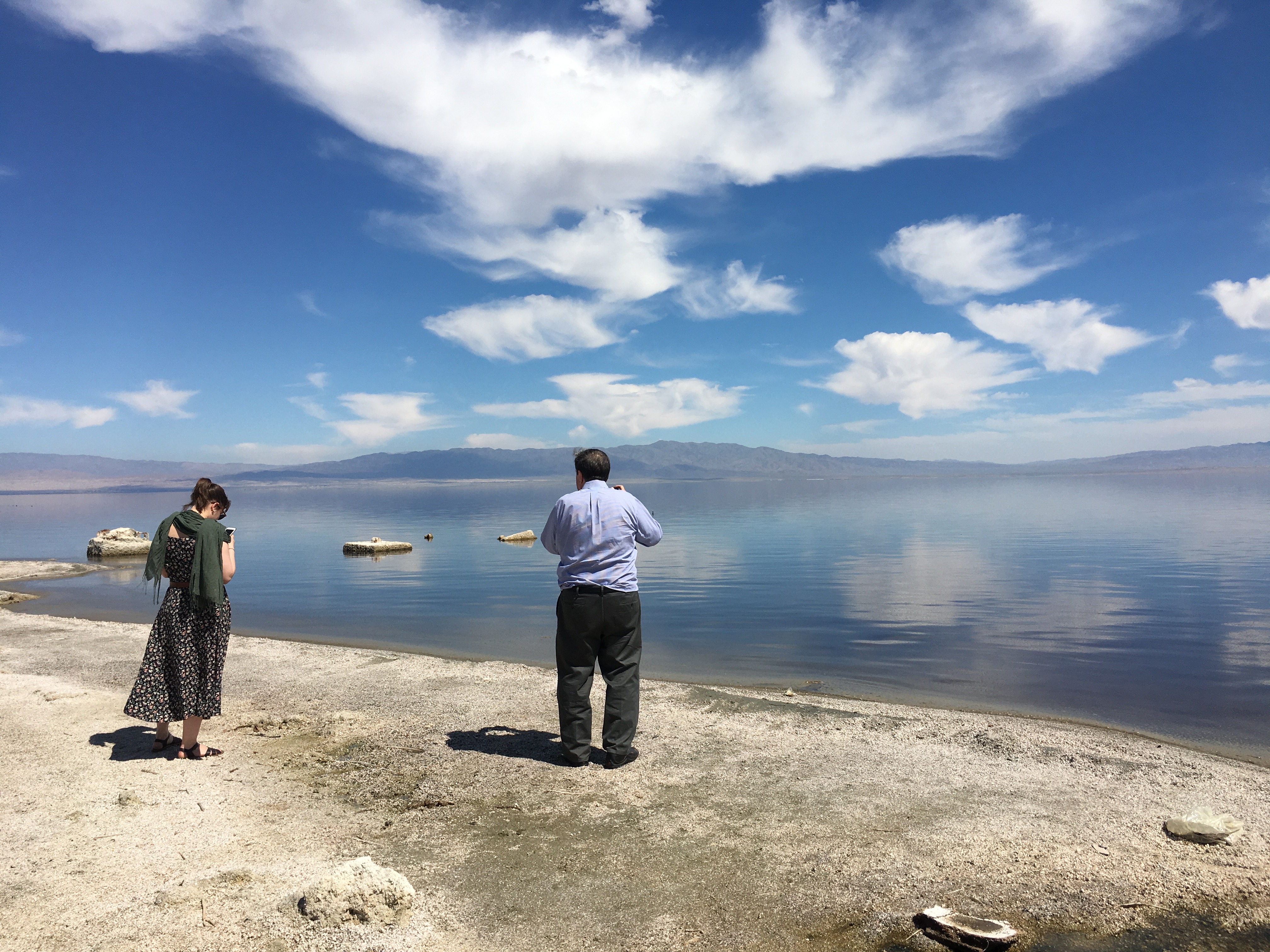
I haven't been maintaining this website with any regularity for several years now, but feel free to look around. Click the "contact" tab if you'd like to get in touch.

I haven't been maintaining this website with any regularity for several years now, but feel free to look around. Click the "contact" tab if you'd like to get in touch.
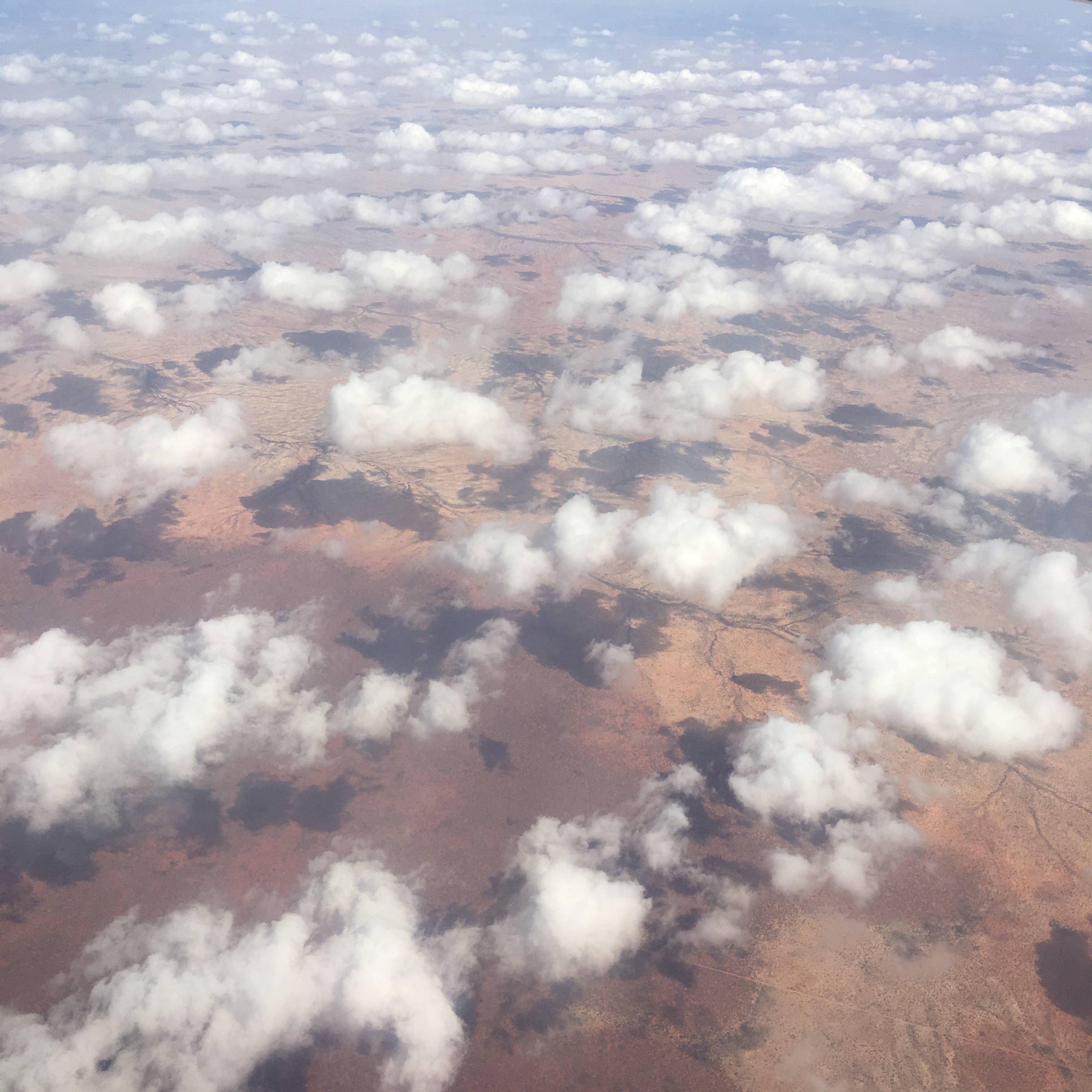
.
Juan Goytisolo died this morning. He was 86 and had been ill for some time. It’s hard to begrudge him his rest, but I am sad nonetheless. One doesn’t get too many literary heroes per lifetime. Goytisolo wouldn’t have liked the word “pure” to be applied to his work in any sense, but I can’t think of a purer anti-authoritarianism than his. He had a keen nose for the violence concealed by every form of domination, linguistic and narrative as well as the more obvious types. His novels dug away at their own foundations, even and especially at his own authority over them. The idea was not to weave a careful and oh-so-pretty semiotic web that leads you if you’re clever to some determined point of emotional impact/edification, but to set you free to tear it all down, and to stand beside him in the intimate, layered, screaming silence that remains. I interviewed him once, over the phone from Marrakesh. “If there is no clear author then there is no authority,” he told me, “and you give the freedom to the reader. For me that was the most important thing, that the reader decide for himself what was the reality.” His antinomianism, his antagonism to the policing of borders of all sorts—to policing of all sorts—his embrace of polyphony, heresy, promiscuity, queerness, and the endless fertility of doubt was not an abstract avant-gardist stance. It formed a concrete politics of exile, the one by which he lived. In his memoirs he wrote of “an irreversible hatred for the monuments and symbols of an ever-cynical, cruel history, for those severe, threatening, official districts whose false grandeur and solemnity hide the original sin of their construction at the expense of humiliations, sufferings, and blood,” and of a corresponding “attraction towards those areas where life is spontaneous, dark, dense, and proliferating, in which the creative act can take root.” As much as anyone, maybe more than anyone, he taught me where the writer belongs: outside, always outside, far from the lights and fences, in the fecund, swirling, darkness, where it is possible to see.
It’s worth adding that Goytisolo understood decades ago that the urge to cleanse Europe of its Muslim past and present, to wall off some purified fictionalized West from the possibility of external contamination, is self-annihilating as well as genocidal. “We would fight,” his narrator enthused in State of Siege, “against the enemy and his doctrine of borders traced in blood with the eternal and subtle weapon of the weak: the seminal dispersion of their voices, the infinite variants of the Word!” Let’s take him up on that.
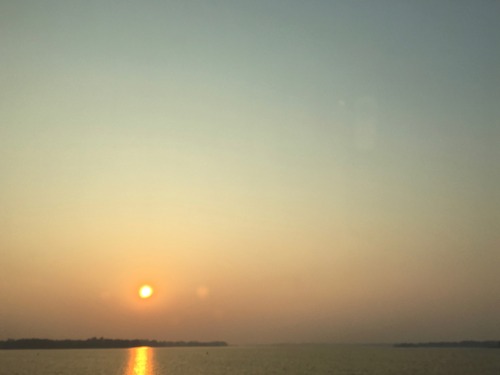
"Let's rest in the sunshine for a while. Maybe tonight they'll lock us up in the cellar of the Security building. Keep that in mind and you'll savour this sunshine all the more. I'm teaching you wisdom! One day you'll lie down on a cot in a disheartening darkness. Then remember the sunshine of this moment. The greatest joy on earth, love apart, is sunshine in your veins."
"And thought?" asked Rodion. "Thought?"
"Ah! Right now it's something of a midnight sun piercing the skull. Glacial. What's to be done if it's midnight in the century?"
"Midnight's where we have to live then," said Rodion with an odd elation.
—Victor Serge, Midnight in the Century
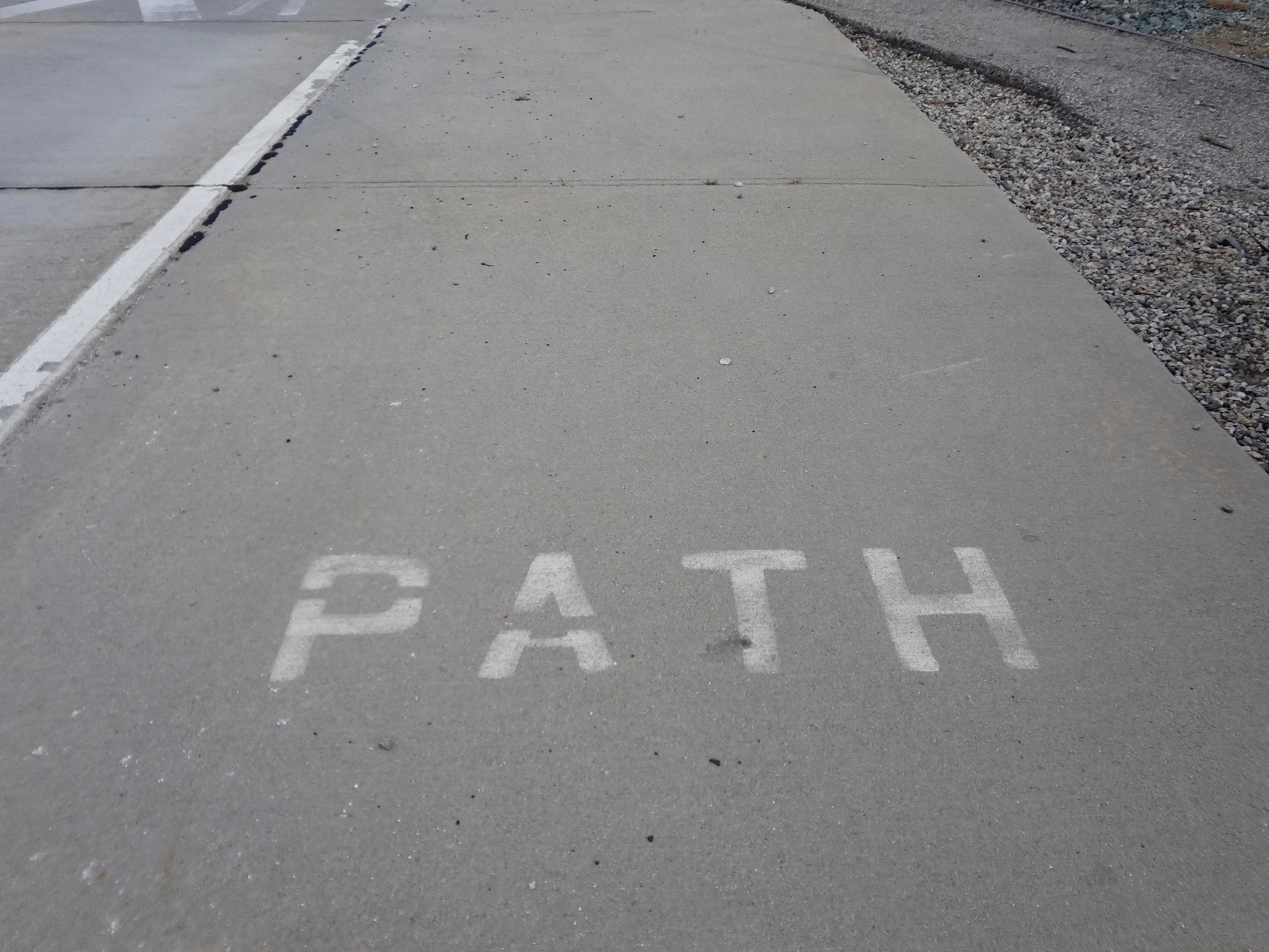
Sesshu's website is suffering indigestion and tomorrow is kind of a big day what with the four horsemen riding in, so I'm posting this for him.
24 sublimations
i am writing this postcard instead of that letter of recommendation for some student
i am taking this action instead of sitting around thinking (or vice versa)
i am writing a letter of protest or sending a check to an organization instead of calling people and organizing a meeting, instead of setting an agenda
i am fuming about my political isolation and mulling over theories of resistance instead of doing something about it or sometimes i am dreaming about my political isolation
i am talking to old friends instead of hanging out with someone new (it’s like cooking with old recipes instead of learning new ones)
i am going on a walk instead of feeling lame and sad about somebody dead (though sometimes i talk to them)
i am going to clean up this mess or wash the dishes instead of impulsively do something else (as i think about whatever)
i tried to encourage the photographer as we rode by talking about alcoholism in the back of the boat with the wake spraying outward, catching the light, but instead it made her cry (we didn’t talk again)
sometimes we are acting to avoid thinking and sometimes vice-versa
sometimes anything i do, such as read the newspaper or drive to the store, is so that i won’t start writing (if i don’t write the next thing, there’s no commitment)
i won’t think about the animals dying, i’ll just cook it up (i’ll try to make it taste good)
instead of mulling over the dead people, i’ll concern myself with people distant from me
i’ll wonder if my face isn’t programmed and fixed, and instead try to feel new feelings
instead of thinking about a dream, i’ll go upstairs and make coffee
instead of getting right to work, i’ll sit around drinking coffee
instead of dressing with intentions (“mindfulness”) i’ll just throw on what I wore yesterday (who cares)
instead of silence i’ll put on music that i barely listen to
instead of brushing off someone who comes up and makes random conversation, i’ll try to find interesting questions
new living writers instead of famous old dead writers
some new kid instead of old friends or family
some point of departure instead of an old entrance into the familiar
something local phenomenon that might be overlooked instead of larger commonly recognized figures of the general terrain
something in passing instead of the same old fixed idea
sometimes look at birds instead of sit inside reading (or looking at a screen)
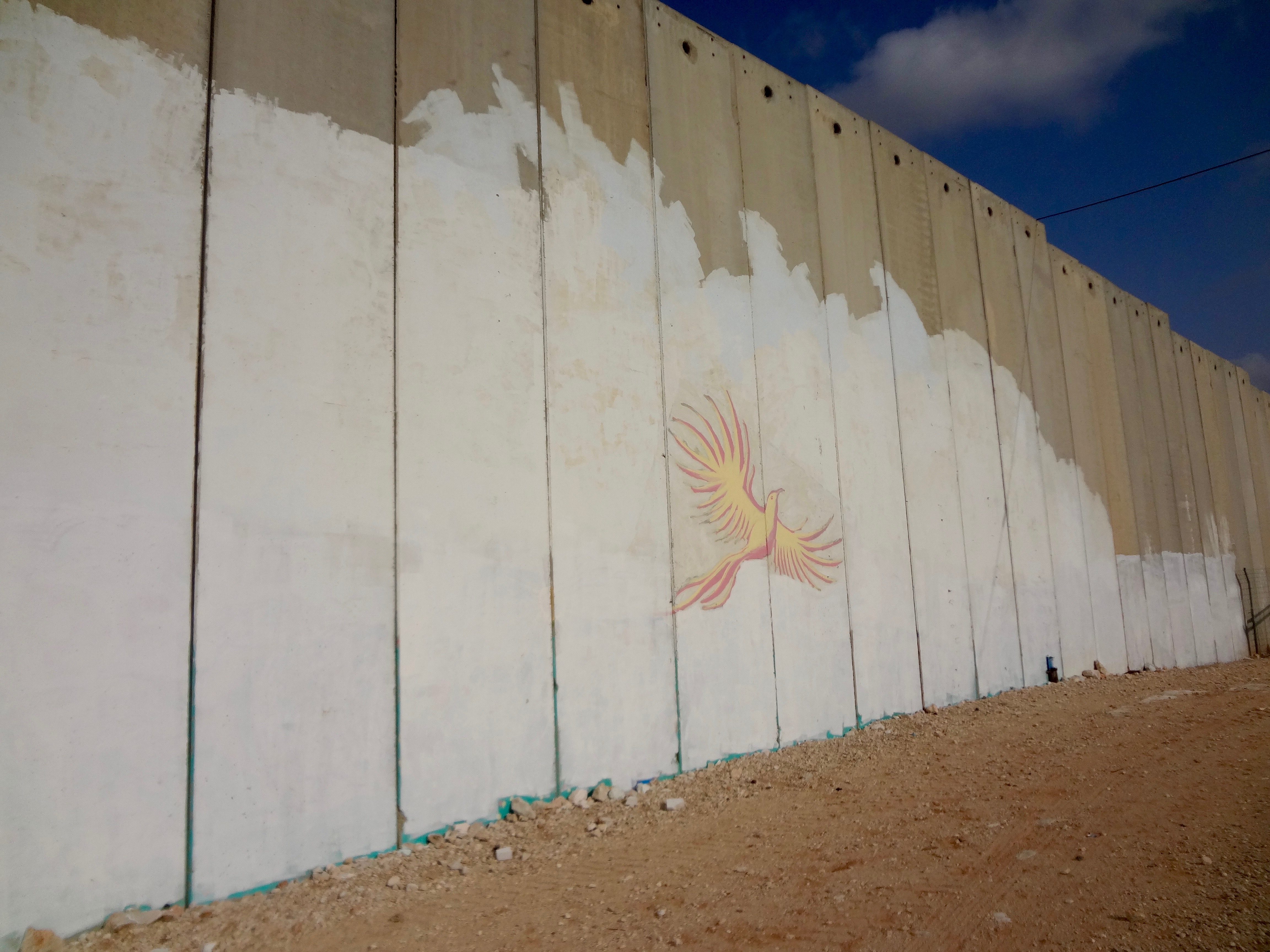
From Hold Everything Dear: Dispatches on Survival and Resistance, Verso Books, 2008:
“… to engage today with the traditional vocabulary, as employed by the powerful and their media, only adds to the surrounding murkiness and devastation. This does not necessarily mean silence. It means choosing the voices one wishes to join.
The present period of history is one of the Wall. When the Berlin one fell, the prepared plans to build walls everywhere were unrolled. Concrete, bureaucratic, surveillance, security, racist walls. Everywhere the walls separate the desperate poor from those who hope against hope to stay relatively rich. The walls cross every sphere, from crop cultivation to health care. They exist too in the richest metropolises of the world. The Wall is the front line of what, long ago, was called the Class War.
On the one side: every armament conceivable, the dream of no-body-bag wars, the media, plenty, hygiene, many passwords to glamour. On the other: stones, short supplies, feuds, the violence of revenge, rampant illness, an acceptance of death and an ongoing preoccupation with surviving one more night – or perhaps one more week – together.
The choice of meaning in the world today is here between the two sides of the wall. The wall is also inside each one of us. Whatever our circumstances, we can choose within ourselves which side of the wall we are attuned to. …”
